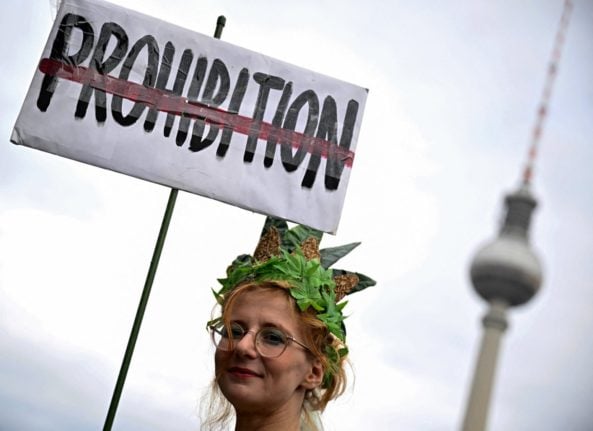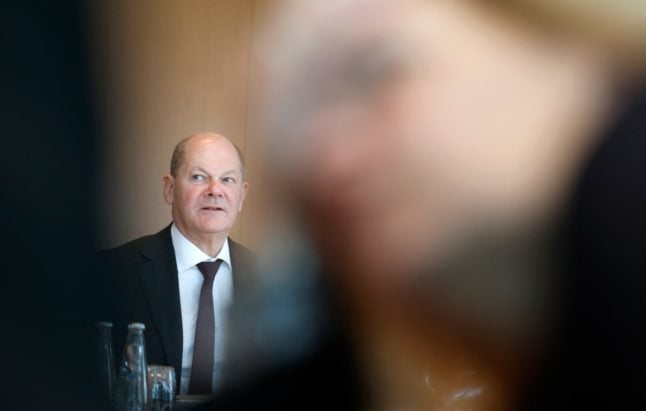Under the first step in the much-debated new law, adults over 18 are now allowed to carry 25 grams of dried cannabis and cultivate up to three marijuana plants at home.
The changes leave Germany with some of the most liberal cannabis laws in Europe, alongside Malta and Luxembourg, which legalised recreational use in 2021 and 2023, respectively. The Netherlands, known for its permissive attitude to the drug, has in recent years taken a stricter approach to counter cannabis tourism.
As the law took effect at midnight, hundreds of people cheered by Berlin’s iconic Brandenburg Gate, many of them by lighting up joints in what one participant, a very happy 25-year-old Niyazi, called “a bit of extra freedom”.
As the next step in the legal reform, from July 1st it will be possible to legally obtain weed through “cannabis clubs” in the country. These regulated associations will be allowed to have up to 500 members each, and will be able to distribute up to 50 grams of cannabis per person per month.
Until then, “consumers must not tell the police where they bought their cannabis” in the event of a street check, Georg Wurth, director of the German Cannabis Association, told AFP.
‘Disaster’
Initial plans for cannabis to be sold via licensed shops have been ditched due to EU opposition, though a second law is in the pipeline to trial the sale of the drug in shops in pilot regions. The German government, a three-way coalition led by Chancellor Olaf Scholz’s Social Democrats, argues that legalisation will help contain the growing black market for the popular substance.
But health groups have raised concerns that legalisation could lead to an increase in use among young people, who face the highest health risks. Cannabis use among young people can affect the development of the central nervous system, leading to an increased risk of developing psychosis and schizophrenia, experts have warned.
“From our point of view, the law as it is written is a disaster,” Katja Seidel, a therapist at a cannabis addiction centre for young people in Berlin, told AFP.
Even Health Minister Karl Lauterbach, a doctor, has said that cannabis consumption can be “dangerous”, especially for young people. The government has promised a widespread information campaign to raise awareness of the risks and to boost support programmes. It has also stressed that cannabis will remain banned for under-18s and within 100 metres of schools, kindergartens and playgrounds.
‘Responsible’
The law has also led to criticism from police, who fear it will be difficult to enforce.
“From April 1, our colleagues will find themselves in situations of conflict with citizens, as uncertainty reigns on both sides,” said Alexander Poitz, vice-president of the GdP police union.
Another potential issue is that the law will retroactively declare an amnesty for cannabis-related offences, creating an administrative headache for the legal system. According to the German Judges’ Association, the pardon could apply to more than 200,000 cases that would need to be checked and processed.
Conservative opposition leader Friedrich Merz has said he would “immediately” repeal the law if he and his party formed a government following nationwide elections in 2025. But Finance Minister Christian Lindner, from the liberal FDP, said legalisation was a “responsible” move that was better than “directing people to the black market”.
The new law “will not lead to chaos”, Lindner told public broadcaster ARD.



 Please whitelist us to continue reading.
Please whitelist us to continue reading.
Member comments